That playful cat scratch could be more than just a minor wound. Don't ignore the risks of Bartonellosis. This essential guide reveals what you must know to protect yourself and your family from this common infection.
What are the main causes of Bartonellosis?
- The primary cause is infection with Bartonella henselae bacteria, most commonly transmitted to humans through a scratch or bite from an infected cat.
- Cats, especially young kittens, become carriers after being bitten by infected fleas, which can then pass the bacteria on to other cats or humans.
- Rarely, the bacteria can enter the body if a cat's saliva makes contact with an open wound or the soft mucous membranes of the eyes.

Key symptoms of Bartonellosis to watch for
- A small, raised bump or blister (papule or pustule) typically appears at the site of the scratch or bite within three to ten days.
- Nearby lymph nodes, particularly those in the armpit, neck, or groin, become swollen, tender, and painful one to three weeks after initial exposure.
- Some individuals may experience systemic symptoms like a low-grade fever, fatigue, persistent headache, and a general feeling of being unwell (malaise).
How can you prevent Bartonellosis effectively?
- Always wash any cat scratches or bites immediately and thoroughly with soap and running water to reduce the risk of bacterial transmission.
- Implement a consistent and effective flea control program for your pets, as fleas are the primary vector for spreading the bacteria between cats.
- Avoid rough play with cats, especially kittens, to minimize scratches and bites, and never allow a cat to lick any of your open wounds.
>>> Don't miss: Hand, Foot, & Mouth Disease: Symptoms & Fast Relief Tips
Microscopic images of Bartonellosis
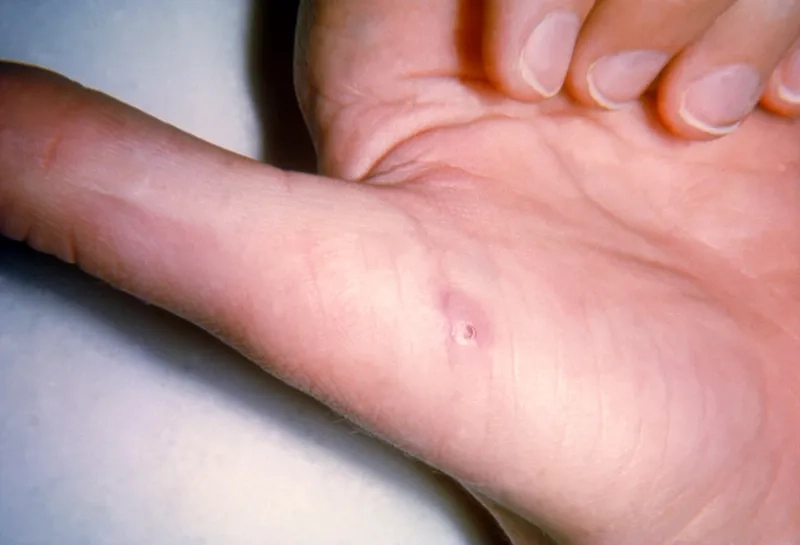
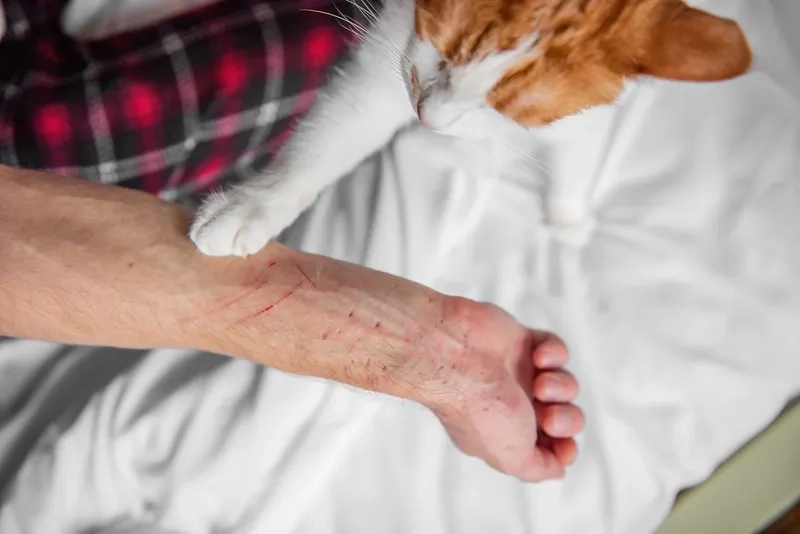
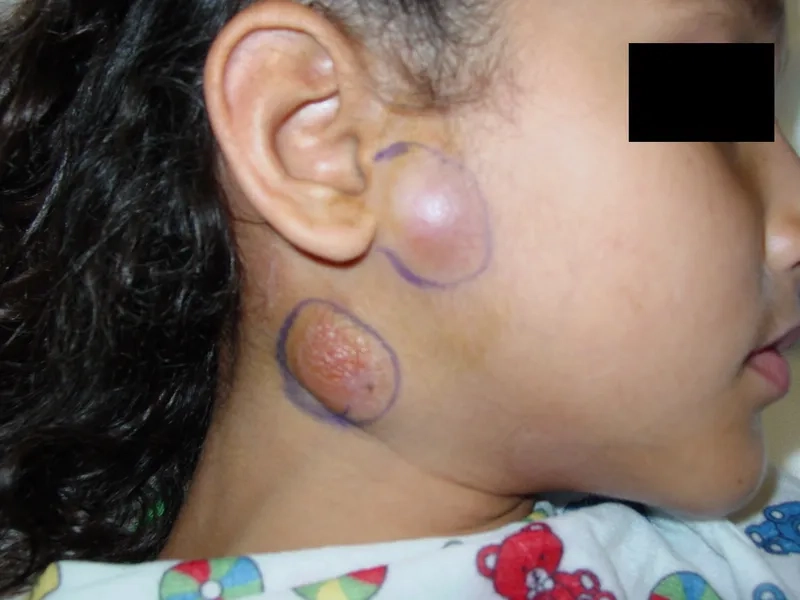
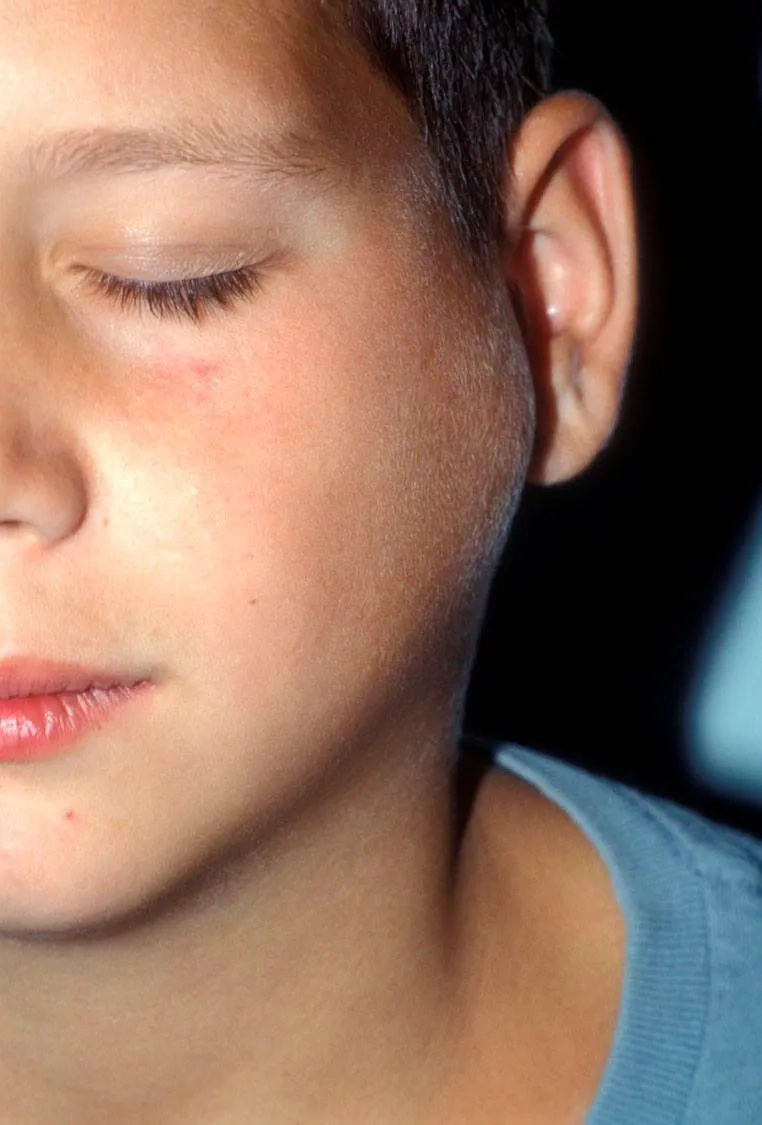
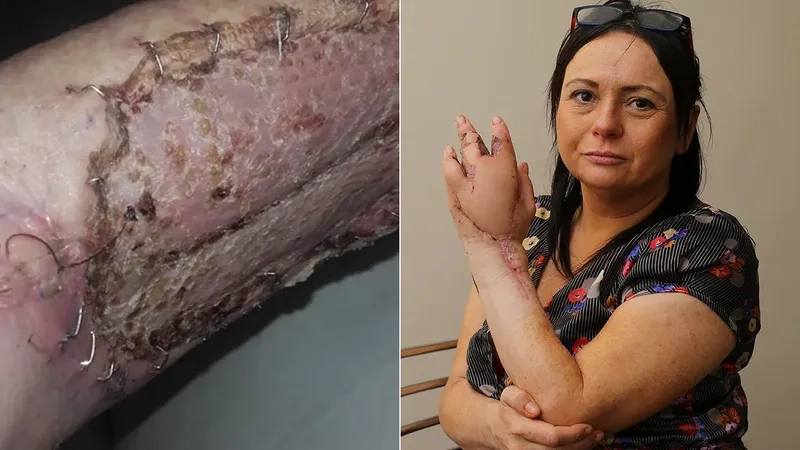
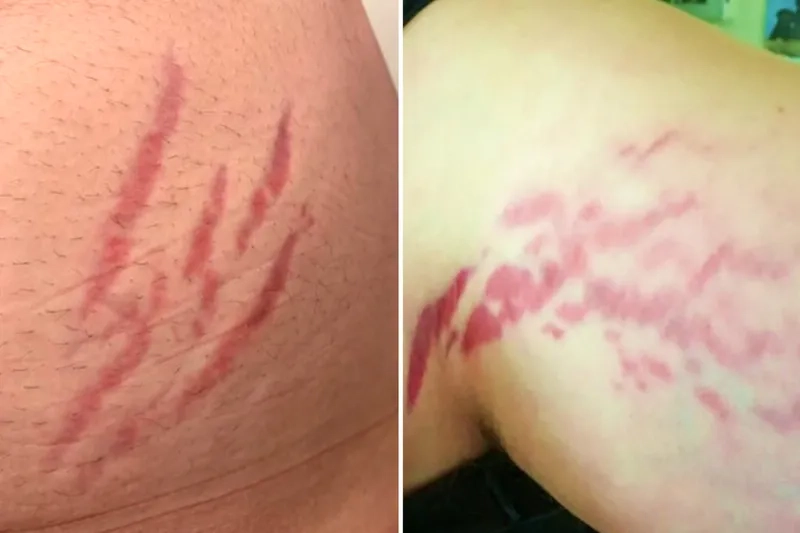
>>> Find out together: HMPV Explained: The 'Other' Virus Causing Cold Symptoms
Understanding Bartonellosis is key to safe pet ownership. By recognizing these signs and practicing simple prevention, you can enjoy your feline friends worry-free. Take these expert steps to protect your health and ensure a happy home.
>>> See more: Legionnaires' Disease: Could It Be in Your Water System?






